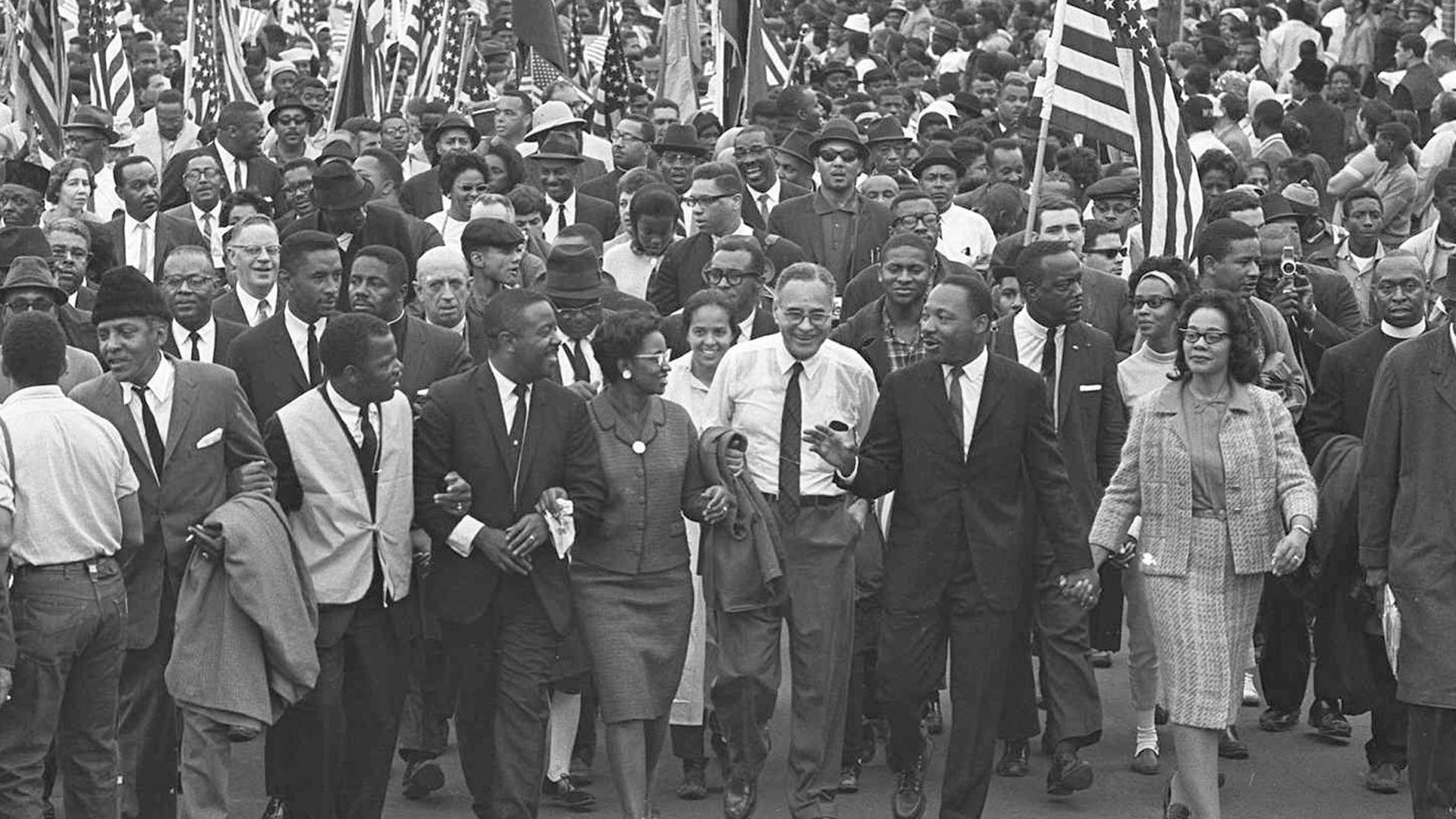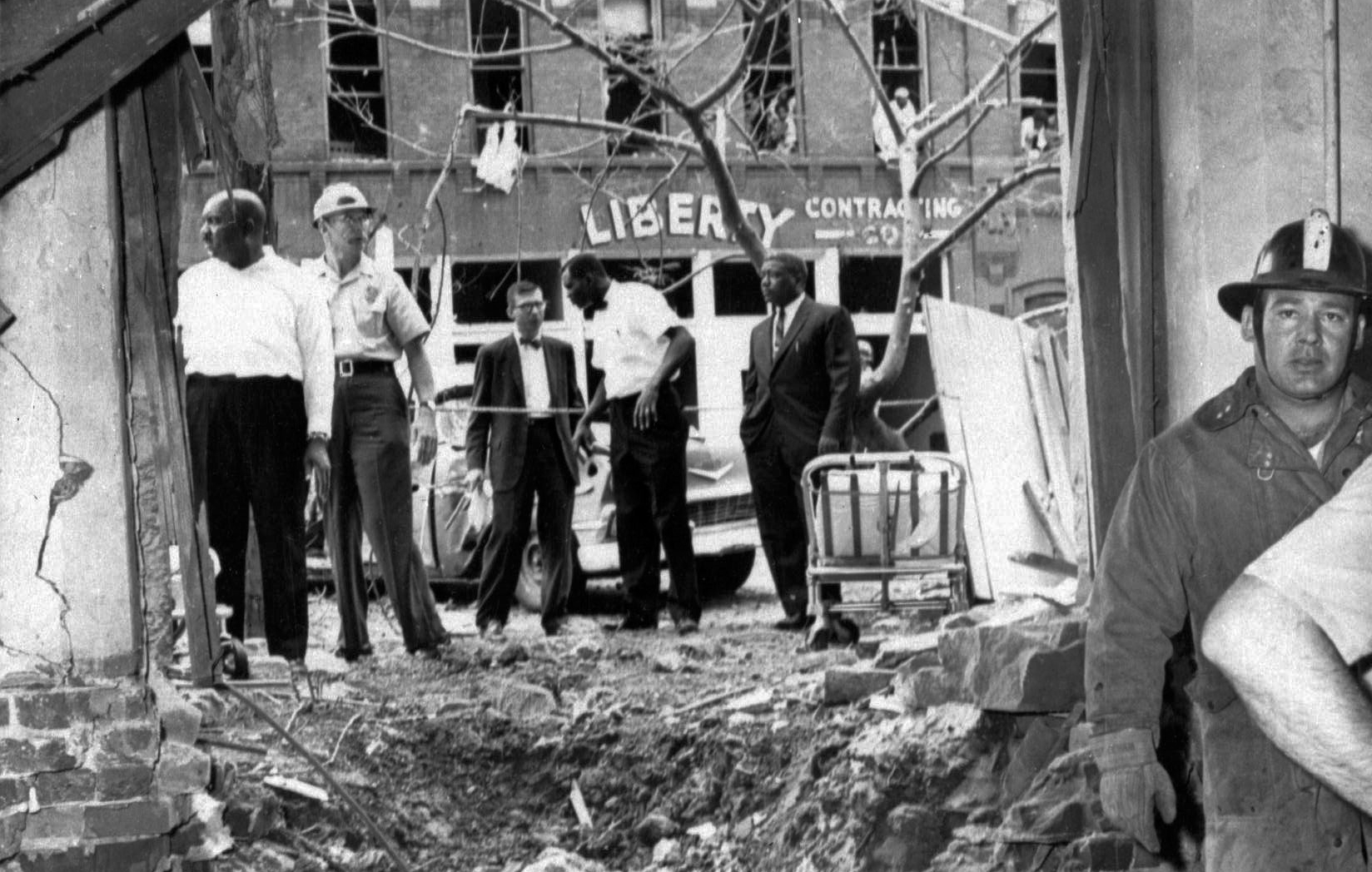Alone in a Place so Busy
Context: I have lived in Atlanta all my life and as a result, I have gotten to know a lot about the people here and the diversity of the people and locations in the greater Atlanta area. Atlanta is a massive melting pot of people, cultures, and personalities. And that is no better exemplified than by one of the most populated areas in one of the biggest colleges in the state. And that place, of course, is the library.
The library is an important space on Georgia State University because it is the most concentrated location of people on campus. The only other times you would see that many people are when you are walking to class . That volume provides a large sample of the people that you see at GSU. The thing to consider with this amount of people is how much do people really interact with each other.
. That volume provides a large sample of the people that you see at GSU. The thing to consider with this amount of people is how much do people really interact with each other.
The Georgia State University library is a big building with multiple floors and a small variety in atmospheres and level of activity. The first floor is bustling with activity; absolutely filled to the brim with people talking, walking, eating, and working. The walls are pale and lacking anything interesting. The floor is mostly, ugly carpet that belongs to a previous decade, and the chairs and tables are reminiscent of the middle school library, where you can’t really tell if they are wood, plastic, or both. You’ll occasionally see the odd person checking out a book, DVD or laptop, but that tends to be rather rare. Most people are sitting down either in a group or alone, working on their laptops or staring at their phones or just listening to music. So many people go in and out of the library every day that it is difficult to see one person more than once a week; that contributes to a sense of anonymity because there are just so many people. All of these people come off as very individual at that moment, and that comes from the pure variety of people that go to Georgia State University.
The other floors are connected with a few elevators or the less commonly used stairs, and these floors are a little different from the first. In front of the 2nd-floor elevator is an area that sits a good amount of people and it tends to be the busiest sections of that floor with the most people talking. Past that there are quieter and less densely populated areas by some students, however, they are absolutely filled with rows and rows of books. Hidden behind those shelves are small desks that seat two people and each desk is divided by a frosted plastic screen, so you can get a little bit of privacy. People tend to do work at theses but rarely talk. This is where the library starts to feel like the classic idea of a library where it is mostly silent and almost nobody talks or interacts with each other. Everyone at this point seems to be sucked away into their own little world that draws their attention completely.

The people on these levels are the same; all Georgia State University students who like you are going about their day, getting their work done, mostly talking to who they know, and not expanding much. The people in the library all act within their world in their own way and in that way they are alone. They don’t truly recognize each other. You can see this best in the elevators; people will stand feet or even inches away from each other and act like no one is there. They will not make small talk, they will not crack a joke, they will do anything but interact with each other. This is just a more concentrated version of what happens in the library as a whole, and even that is just one example of the wider societal issue, which is seemingly most prevalent in people around college age. The issue is that people are isolated from each other even in public. It has grown with the widespread use of smartphones and other electronics that take people out of the moment and result in each other just not talking or interacting with each other.
I have experienced this a lot and I have contributed to this a lot. It’s hard not to when it is just an unspoken part of our culture at this point. People don’t interact with each other a lot the time. I don’t have the answer on how to magically make people want to talk to each other more, but I think it is something that should change because people have grown apart and will continue to grow apart unless as a society we decide to make a change. One step to that is changing how future leaders and politicians view social interactions in public spaces.

 . That volume provides a large sample of the people that you see at GSU. The thing to consider with this amount of people is how much do people really interact with each other.
. That volume provides a large sample of the people that you see at GSU. The thing to consider with this amount of people is how much do people really interact with each other. 
